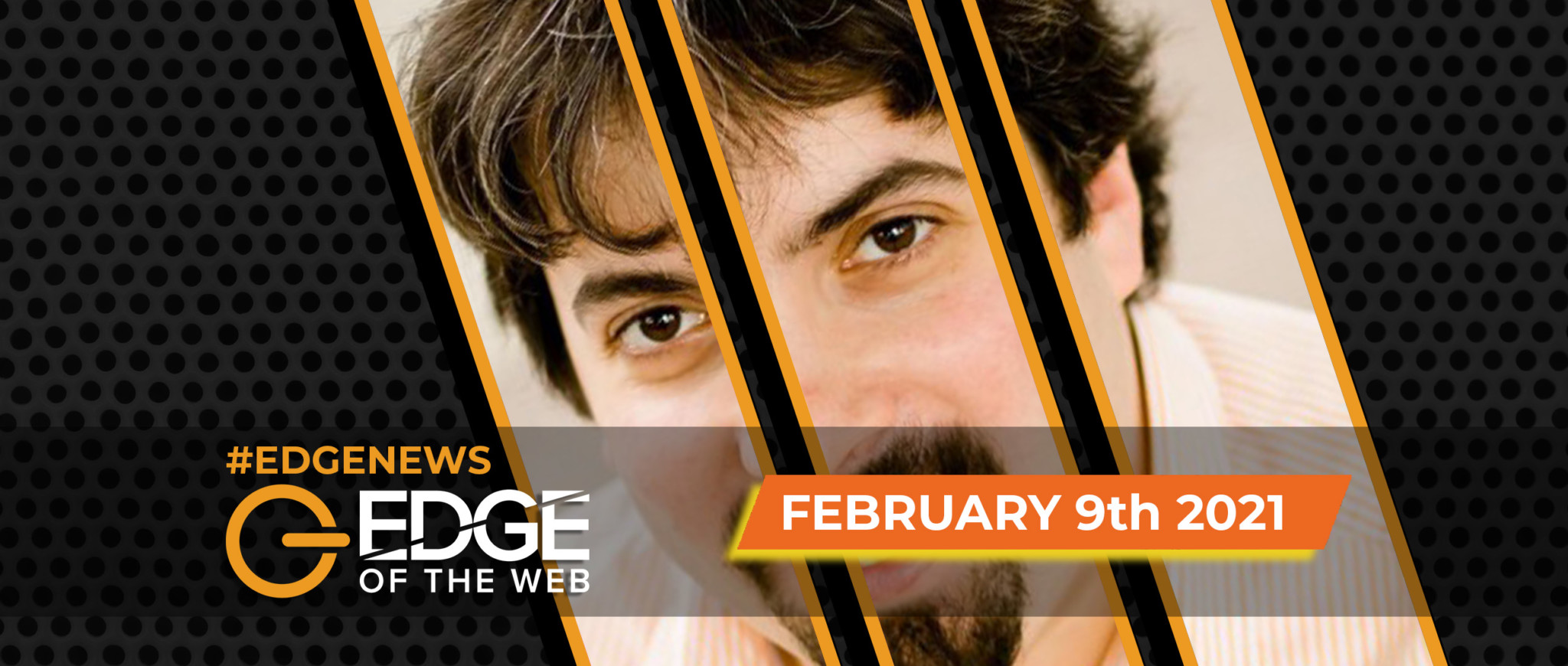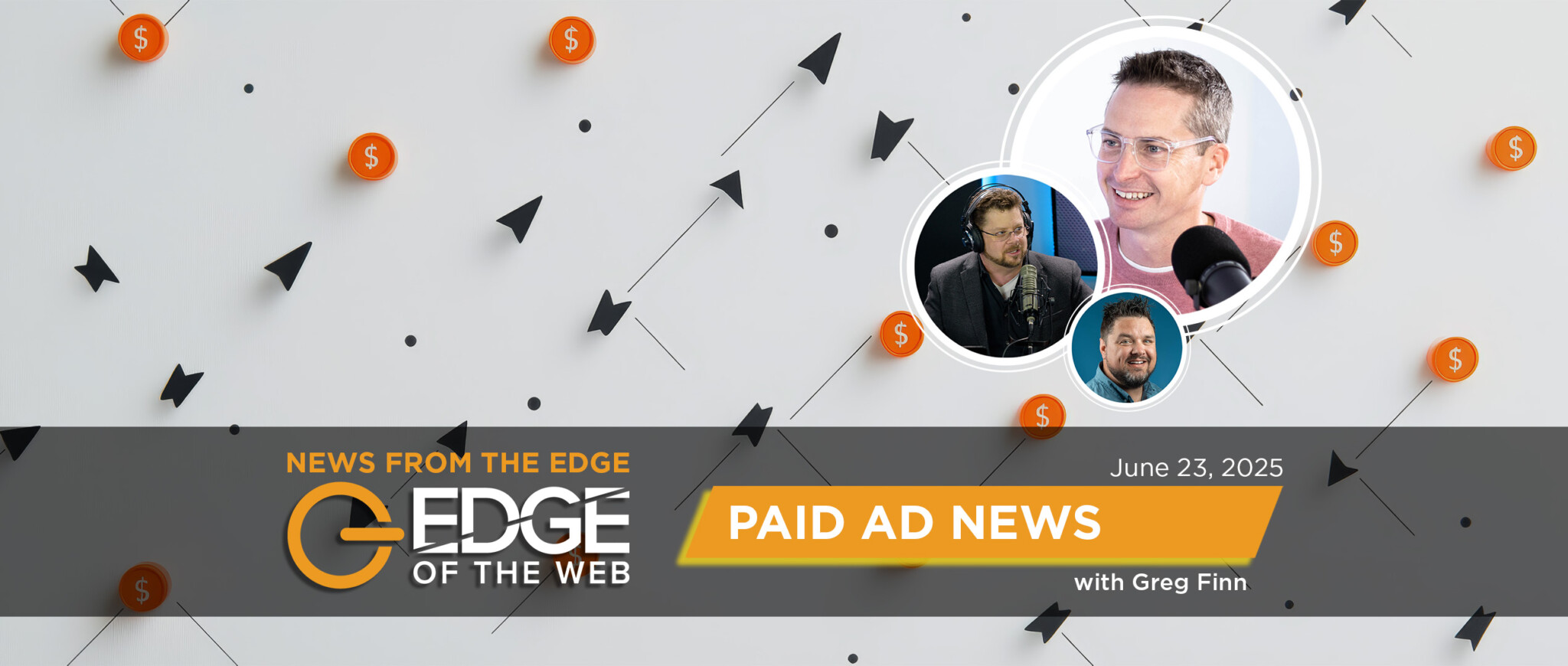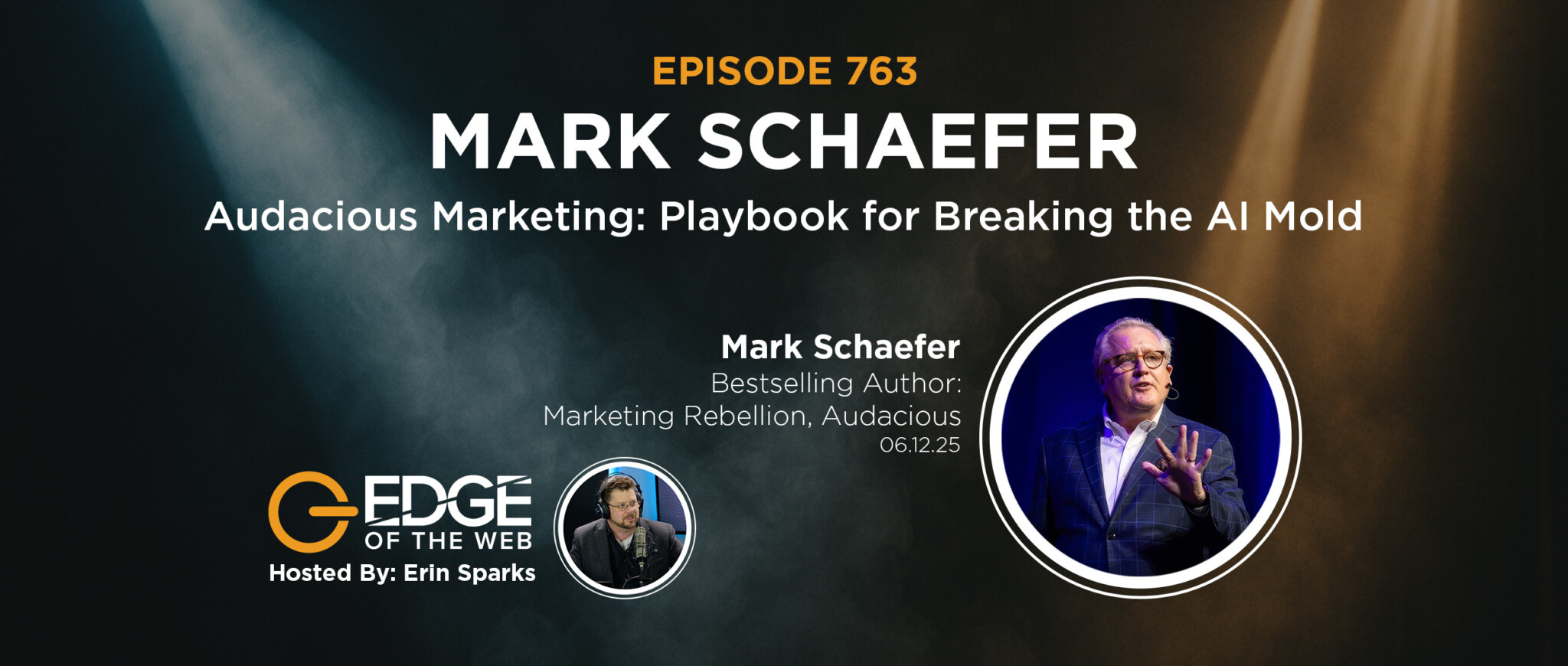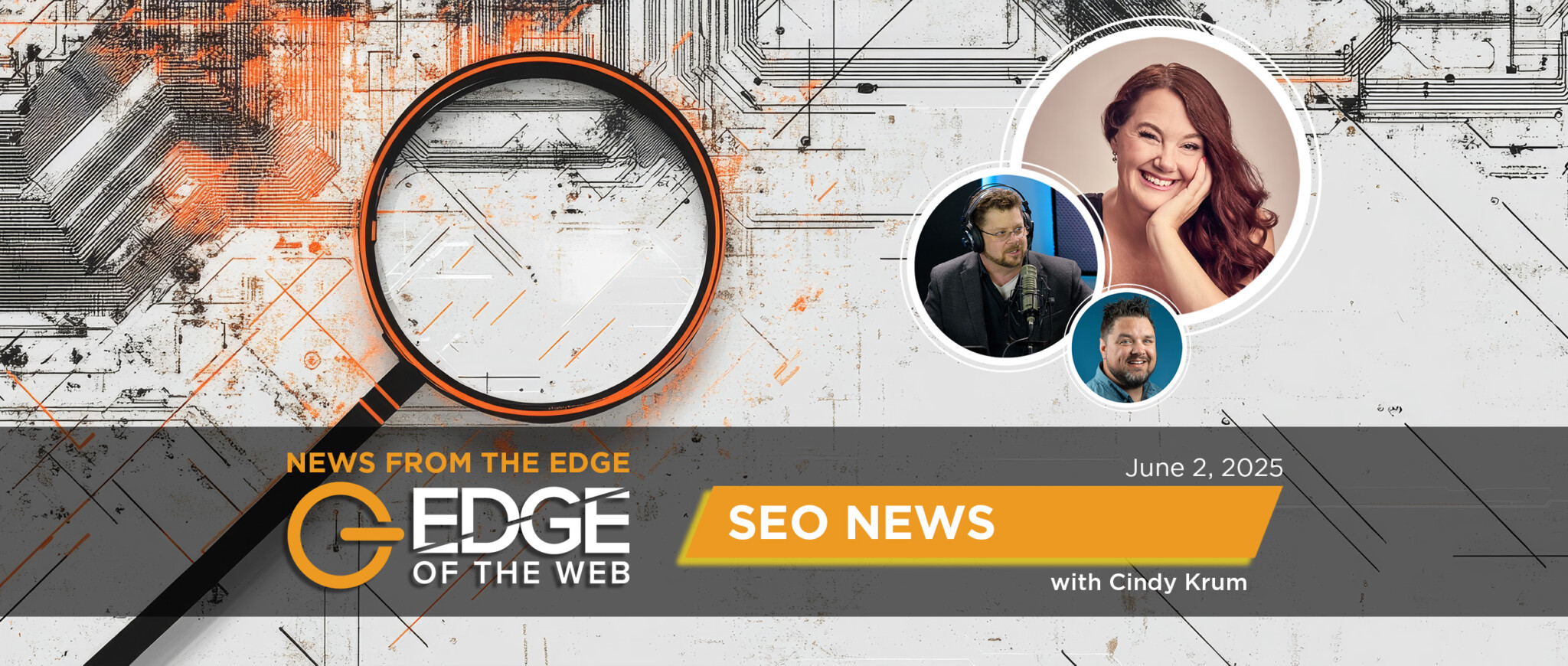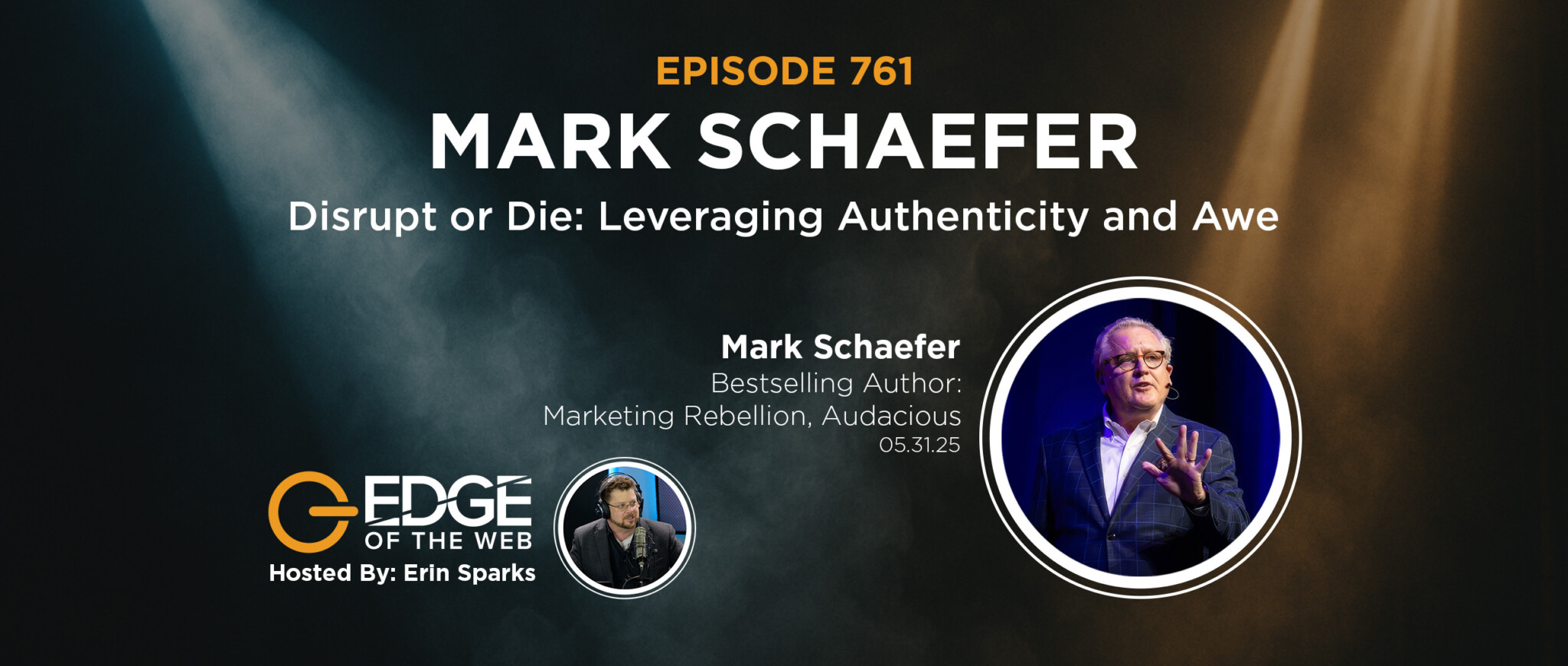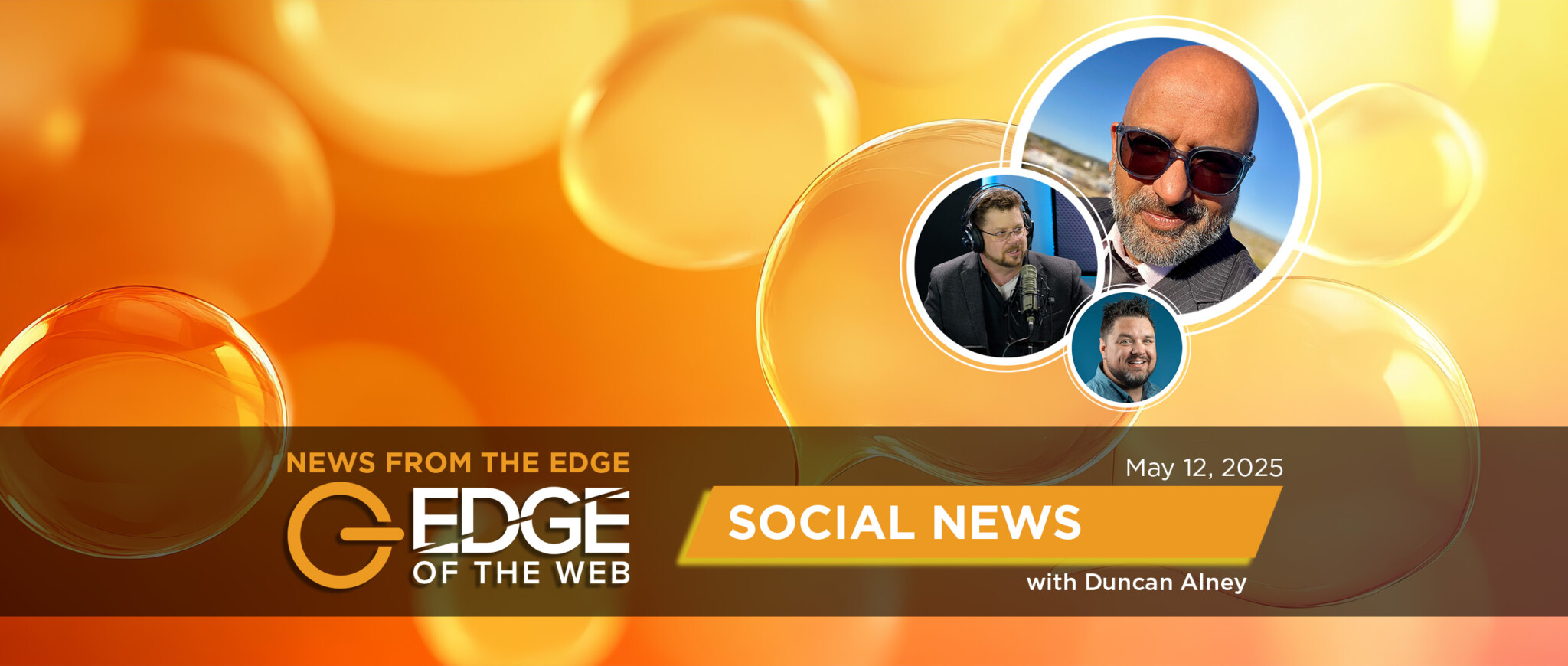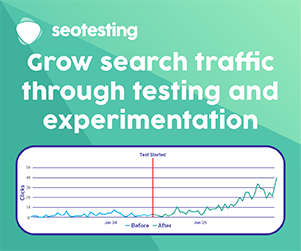February 8, 2021
It was an all-Google kind of week for the news this time around, and almost an all-Barry Schwartz week as well, but we slipped in a story from Roger Montti as well. Host Erin Sparks and Studio Creative Director Jacob Mann along with Mordy Oberstein, Wix’s SEO Liaison, cover all the news you need to know about and more in this week’s news roundup, episode 392 of the award-winning EDGE of the Web podcast!
Google Publishes New Manual Actions Aimed at Google News and Discover Penalties
From Barry Schwartz on Search Engine Land we saw Google publishes new manual actions aimed at Google News and Discover penalties. Google has quietly published a whole new set of manual actions around Google News and Google Discover policies and guidelines. Manual actions are when Google human reviewers apply a penalty to a website or webpages after it has come to Google’s attention that something was done that was not in accordance with Google’s posted webmaster guidelines. Here’s the list of new manual actions:
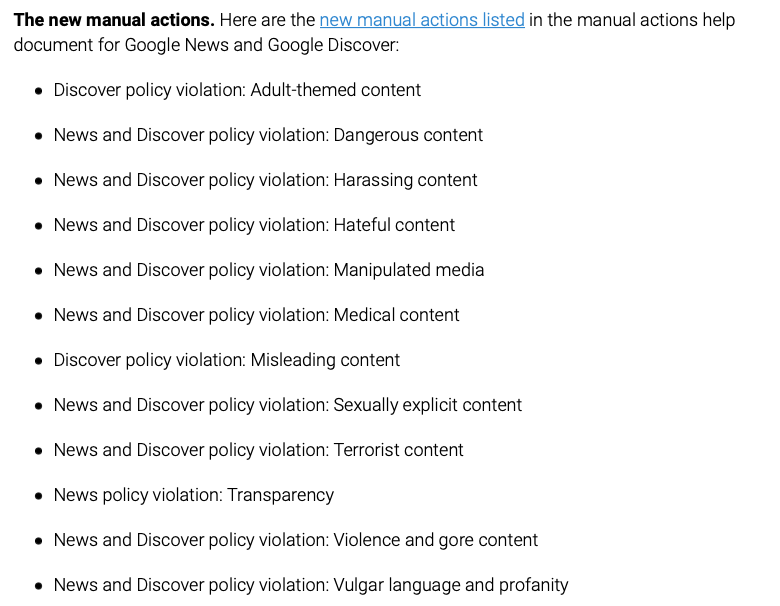
- Erin Sparks: Quite a few of those items listed are pretty self-explanatory and make sense, but what do some of them even mean? “Dangerous” content? With such broad and undefined categories, it seems like a person could decide all kinds of content falls in the category when maybe it shouldn’t.
- Mordy Oberstein: I guess it’s a bit mystifying to me because I don’t tend to search for things that would even potentially come up as “terrorist content” and some of those other categories.
- Jacob Mann: What about “Transparency?” Do they mean lack of transparency?
- Erin Sparks: Yes, remember these are focused on News and Discovery, so for news, it would maybe mean transparency about sources being cited?
- Mordy Oberstein: Plus it seems like Barry caught wind of this early, so there may be more of an announcement or information coming from Google that makes some of this clearer.
- Erin Sparks: Yes, clearly if content publishers want to avoid manual actions, they’re going to need more definitions for what some of these content types even mean in terms of what Google does and doesn’t want to see.
Google: Core Web Vitals Values Won’t Differ Based on Type of Site
Over on Search Engine Roundtable, again from Barry Schwartz, the from Google: Core Web Vitals Values Won’t Differ Based on Type of Site. Google won’t be giving different levels or metrics of the Core Web Vitals scores based on the type of website you have. So news sites versus e-commerce sites won’t make a difference when it comes to the Core Web Vitals score Google gives the site.
- Erin Sparks: This one was explained by Google’s John Mueller, who noted it might feel like there’s a difference by type of site, but that’s only because you’re usually comparing your site to close competitors. The Core Web Vitals are something everyone should be paying attention to, and they’re now available right in the Google Search Console, which is great feedback to have there.
- Mordy Oberstein: This one is problematic from a different angle, which is some sites are simply going to have some performance issues that the site owner is okay with, say lots of images that might slow things down because they help with conversions. So there are plenty of sites that could get dinged in their Core Web Vitals that isn’t fair because the site has to present things a certain way to get good conversion rates.
- Erin Sparks: Like a professional photographer concerned with image quality is going to have a heavy site with speed issues.
- Mordy Oberstein: But then wouldn’t all the professional photographers be in the same boat who present high-quality images? So maybe it’s a moot issue.
- Erin Sparks: The problem would be if Google chooses one site among competing sites if the only distinguishing factor is slightly better Core Web Vitals.
- Mordy Oberstein: Except there’s simply no way for them to slice and dice it except to have it be the same across the board regardless of site type or content.
- Erin Sparks: Plus, even when you want to address issues identified in Core Web Vitals, it doesn’t help you with that. You have to rely on third-party tools to really dig down into what’s going on.
- Mordy Oberstein: And you’ll probably need to get a web developer involved as well.
Google Search Launches About This Result Feature
Another one from Barry Schwartz on Search Engine Land, reports Google Search launches about this result feature. Google announced it is rolling out a new feature that will communicate to searchers, before they click on the result, more information about that search result snippet they are looking at. This is an “about this result” box that can be triggered if the searcher taps on the three dots on the right top corner of the search result snippet.
- Erin Sparks: This feature is in beta format, so if you see the three little dots and you tap or click on those, you’ll get what is essentially a pop-up snippet about that specific single result on the SERP.
- Mordy Oberstein: Looking at this one makes me realize Barry Schwartz has used the same profile photo for at least 20 years. But apart from that, I don’t really get this one. I wonder how it would work for adult sites…but sure, it’s cool, but the real question, why is it even there? Who is going to know or notice those three tiny dots let along click on them? So that makes me wonder if this is just part of something else that Google is up to. Maybe they’re just doing this to experiment with testing their understanding of entities or something like that, which in and of itself drives SEOs crazy, right? They hate how Wikipedia dominates all this space on the SERP because it’s what everything points back to for understanding entities, even in this new feature that no one is even going to realize is there.
- Erin Sparks: It might just be Google’s attempt at greater transparency around how they’re deciding to surface a given result, such as linking back to Wikipedia or other citations and putting dates on sources and such.
Google Agrees to Pay for (Some) Australian News
Someday we’ll stop talking about Google’s battle with Australia, but today is not that day. Over on Search Engine Journal, Roger Montti reports that Google Agrees to Pay for (Some) Australian News. Google announced that they have negotiated to begin paying for Australian News with publishers who have agreed to participate in the Google News Showcase program. It’s unclear if this is enough to stop Australian legislation that Google claims will force it to leave the country.
- Erin Sparks: So it looks like Google is willing to pay for some Australian news, but only if the news publisher is part of Google’s News Showcase program. And there’s still the question of whether or not Google’s move will stop the Australian legislation from moving forward, which if it does is what prompted Google to threaten to pull search from Australia altogether, except that it wouldn’t. What that really means is they would essentially shut down Google.com.au, but users could search by going to Google.com, which makes the threat seem pretty empty. Of course it would still impact plenty of sites that have been optimizing specifically for the .au platform, but others seem to think it wouldn’t be such a big deal. So this deal they’ve worked out is essentially the same kind of deal Google cut with France, right? Google will pay some French news publishers who meet certain criteria.
- Mordy Oberstein: Yes, it’s basically the French deal. But first of all, I’ll bet $10 we’ll be talking about this Google vs Australia battle again next week. But this feels like Google going ahead and coughing up some amount of money to see if Australia will still be so anti-Google afterward. I can only imagine Bing is really hoping Google screws this up somehow.
- Erin Sparks: Poor lonely Bing. I hear Google has like 95% market penetration for search.
- Mordy Oberstein: Yes, it’s crazy high.
This time around Mordy did not host SEO chat because it was his wedding anniversary, so Carolyn Liden will be hosting. Join the weekly chat on Twitter by tuning in to #SEOchat on Thursday at 1:00 pm eastern time to take part in the discussion!
Connect with Mordy Oberstein, Wix’s SEO Liaison
Twitter: @MordyOberstein (https://twitter.com/MordyOberstein)
LinkedIn: https://www.linkedin.com/in/mordy-oberstein-12551715/
Connect with Erin Sparks, Host of EDGE of the Web and CEO of Site Strategics
Twitter: @ErinSparks (https://twitter.com/erinsparks)
LinkedIn: https://www.linkedin.com/in/erinsparks/



 –>
–>